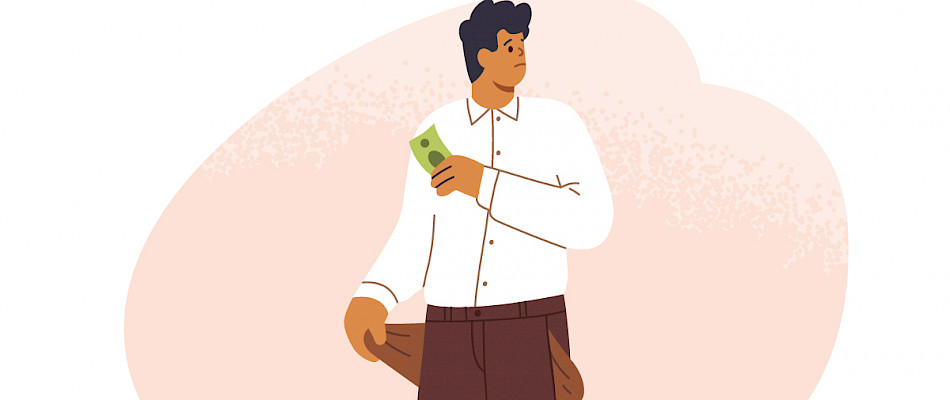
1. When starting a new job, your new employer can pay you 16 days after your first day.
TRUE
Your employer has one month to pay you after your first day.
After, they must pay you at least every 16 days. Often, employers will pay employees weekly or bi-weekly
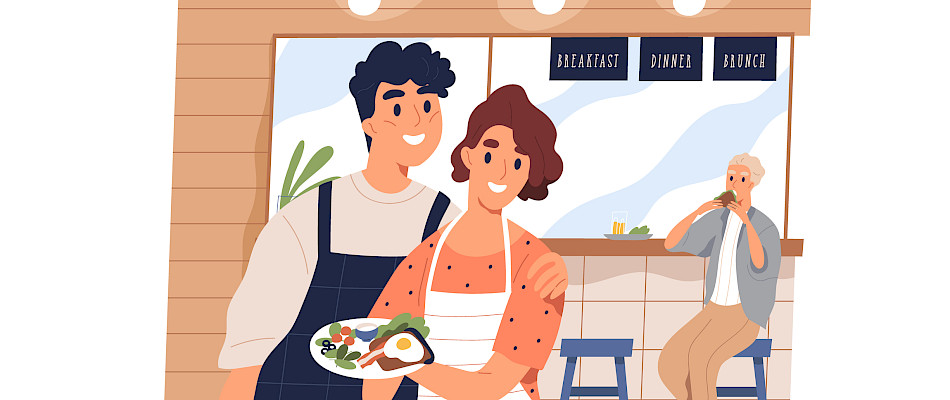
2. Children can work at their parents' business no matter how old they are
True.
In general, you’re not allowed to work in Quebec before the age of 14.
However, you can work specific types of jobs before that age, with your parents’ written permission.
This is the case if you’re employed in a family business with less than 10 employees, as long as it’s your parent’s business or the business of your parent’s partner or spouse.
In this case, since it’s your parents’ business, we can assume that you have your parents’ permission to work ;).
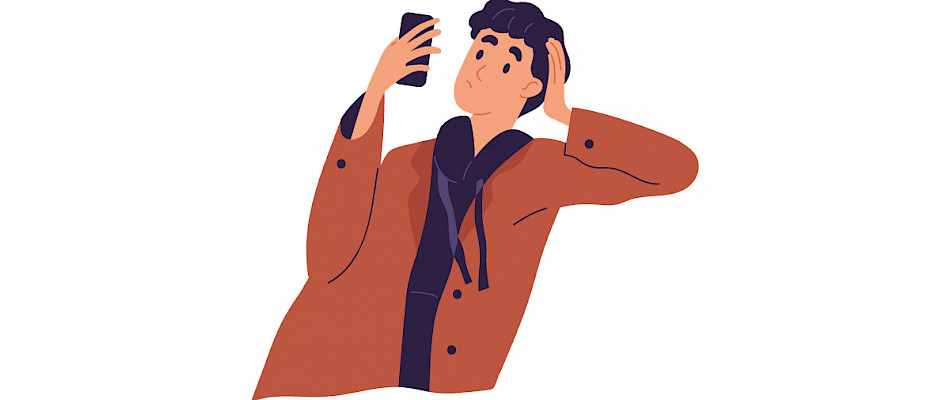
3. You work a trial shift as a dishwasher at a restaurant. It doesn’t go well, and the boss says that they won’t hire you. They must still pay you for the hours you worked.
TRUE
You must be paid for the hours you worked on a trial basis because those are hours that you worked.
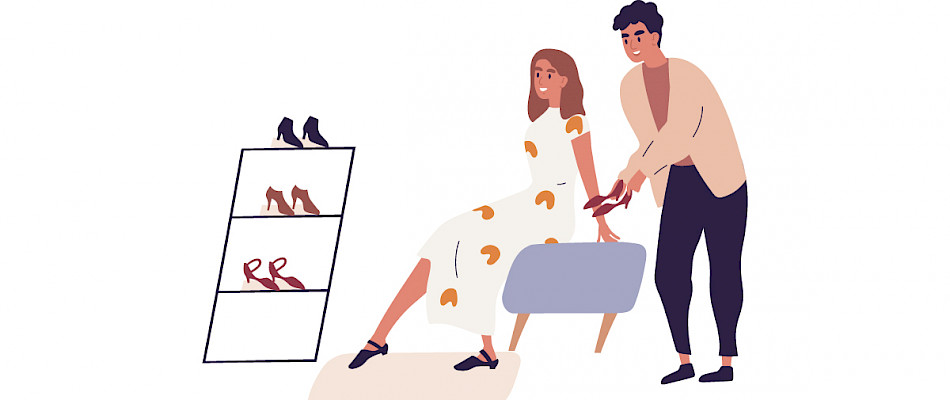
4. You are protected from harassment at work even if you work part-time.
TRUE
Labour standards protect all employees, no matter if they work part-time or full-time.

5. Teasing from a work colleague who means no harm cannot be harassment.
FALSE
When it comes to harassment, the intent of the harasser isn’t important. What matters is how you feel.
To know if you’re being harassed, here are 5 questions to ask yourself. Are the words, actions, or gestures:
- abusive, humiliating, or hurtful?
- hostile and unwanted?
- repetitive (or a single serious incident)?
- impacting your dignity or your physical or psychological well-being?
- making your workplace toxic?
For example, you could be the victim of workplace harassment if you are made to feel incapable of expressing yourself, destabilized, isolated, unvalued, discredited, or threatened.
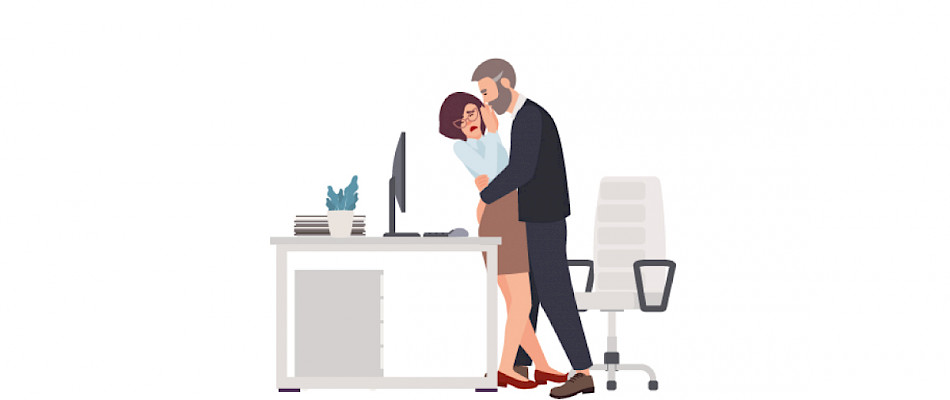
6. Someone at work touches your butt and makes you kiss them. This one incident is harassment.
TRUE
A single serious incident can be considered workplace harassment.
When the harassment has a sexual nature, it’s considered sexual harassment. For example, getting groped or receiving inappropriate “compliments”.

7. You’re only protected against workplace harassment if the behaviour comes from your work colleagues.
FALSE
You’re protected at work no matter who is the source of the harassment.
For example, you’re protected even if a client or your boss behaves inappropriately.
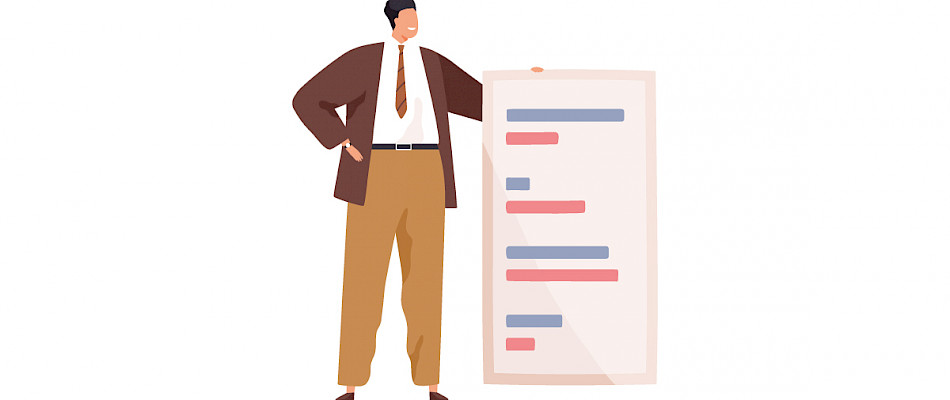
8. Your employer must have a workplace harassment prevention and complaints policy.
TRUE
Your employer must have a harassment policy and must inform their employees about it.
The policy should define harassment and what isn’t allowed. It must also explain the process for making a complaint.
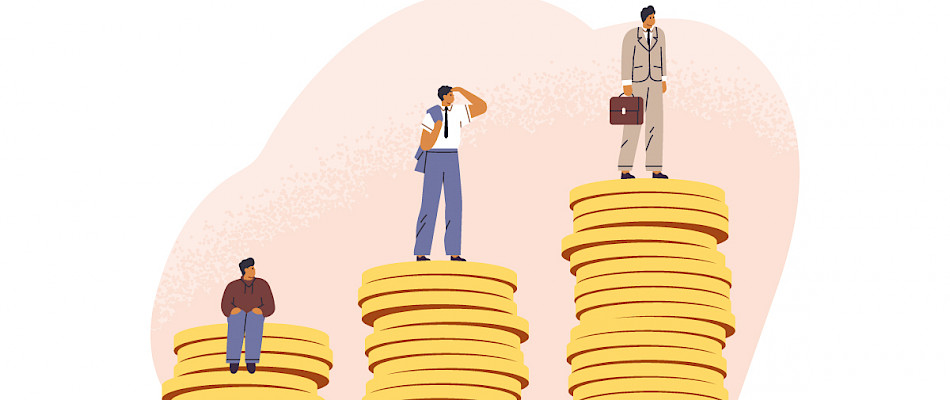
9. If you’re a team leader, you’re not protected against workplace harassment because you’re a part of management.
FALSE
You’re protected against workplace harassment even if you’re a supervisor.

